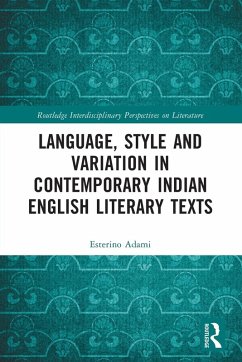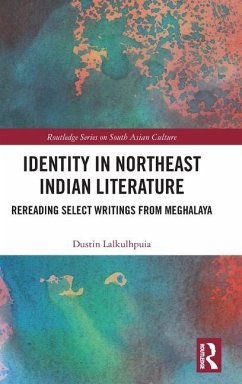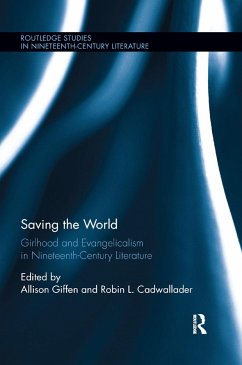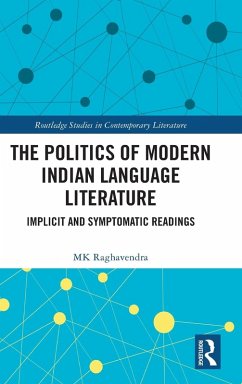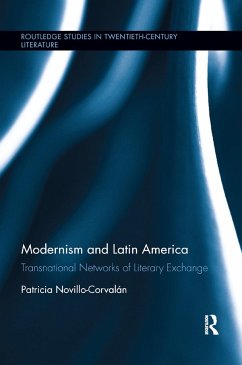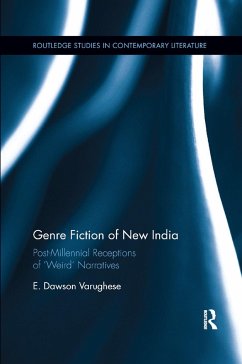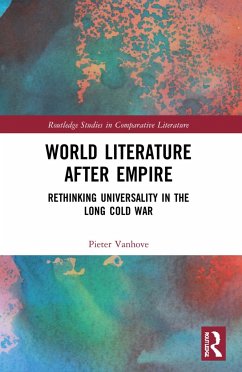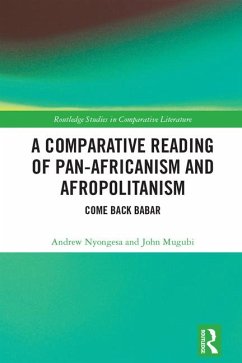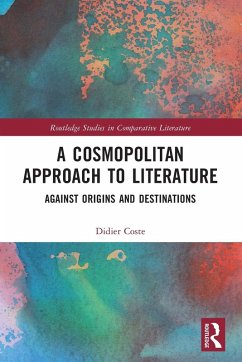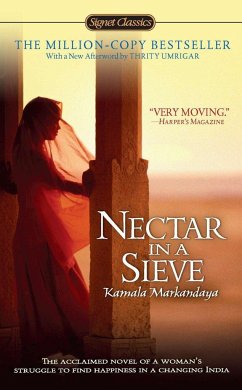
Modern Indian Literature as Cosmopolis
Conversations with Hanuman
Versandkostenfrei!
Versandfertig in 6-10 Tagen
154,99 €
inkl. MwSt.
Weitere Ausgaben:

PAYBACK Punkte
77 °P sammeln!
This book redefines modern Indian literature from a cosmopolitan comparative perspective inclusive of literature in English from India and the diaspora, in native languages, and works by non-Indians. It shows how, since the mid-19th century, Indian literary modernity pursued the conjunction of the sensuous and ethical/spiritual that characterized its three traditions (Sanskritik, Persian, and folk culture) while the encounter, both receptive and oppositional, with "the West" vastly expanded the Indian literary sphere. Aesthetics and ethics are not antithetical in the Indian cultural space, but...
This book redefines modern Indian literature from a cosmopolitan comparative perspective inclusive of literature in English from India and the diaspora, in native languages, and works by non-Indians. It shows how, since the mid-19th century, Indian literary modernity pursued the conjunction of the sensuous and ethical/spiritual that characterized its three traditions (Sanskritik, Persian, and folk culture) while the encounter, both receptive and oppositional, with "the West" vastly expanded the Indian literary sphere. Aesthetics and ethics are not antithetical in the Indian cultural space, but the quest for an exclusive Indian identity versus universalist approaches offsets concerns for social justice as well as enjoyable embodied communication. The literary constellation, in many languages, now formed in and around India can be better apprehended as a virtual Cosmopolis, a commonwealth of elaborate emotions. The versatile figure of Hanuman metaphorically flies across this Ocean of Stories to make us discover new worlds of experience.





